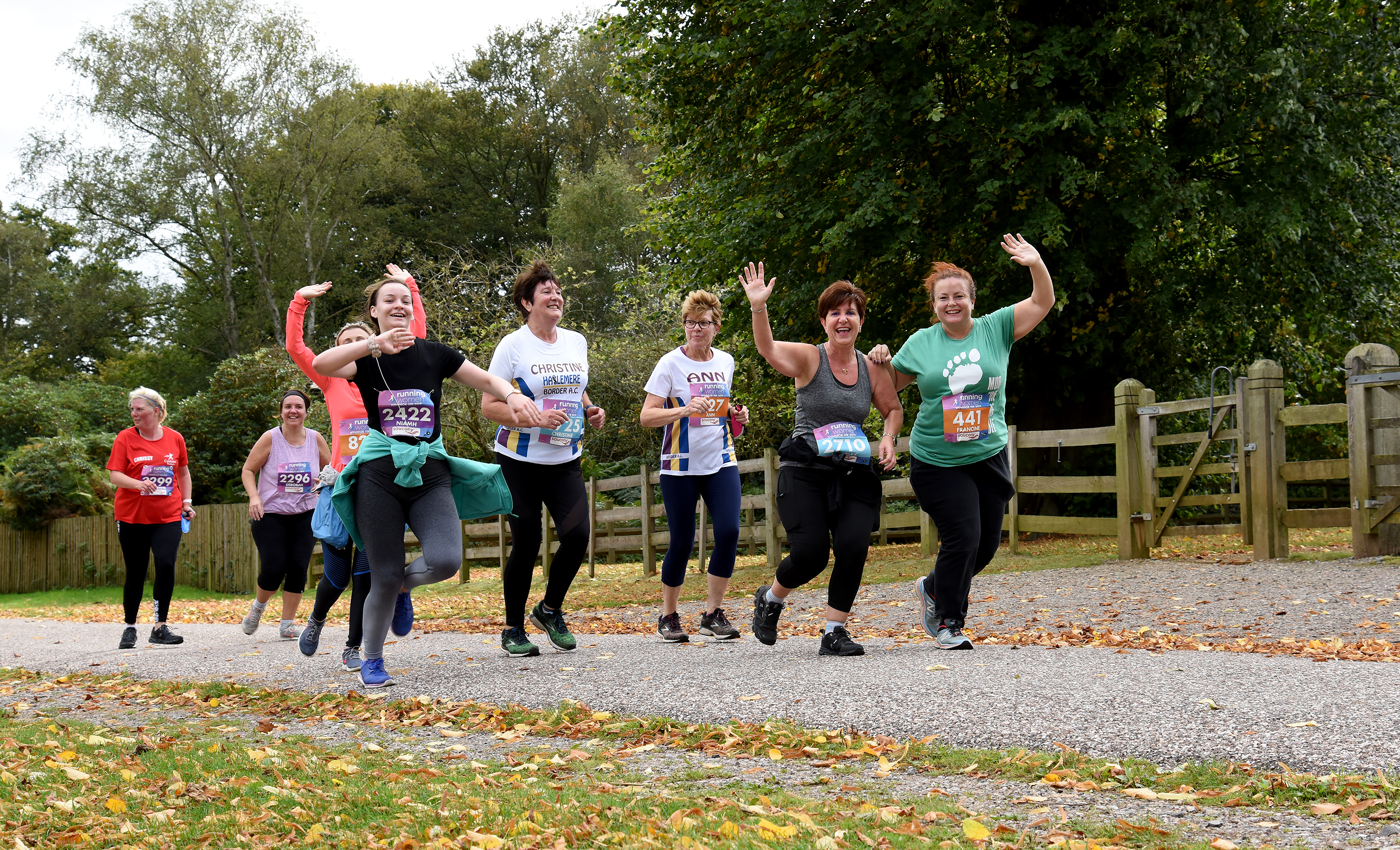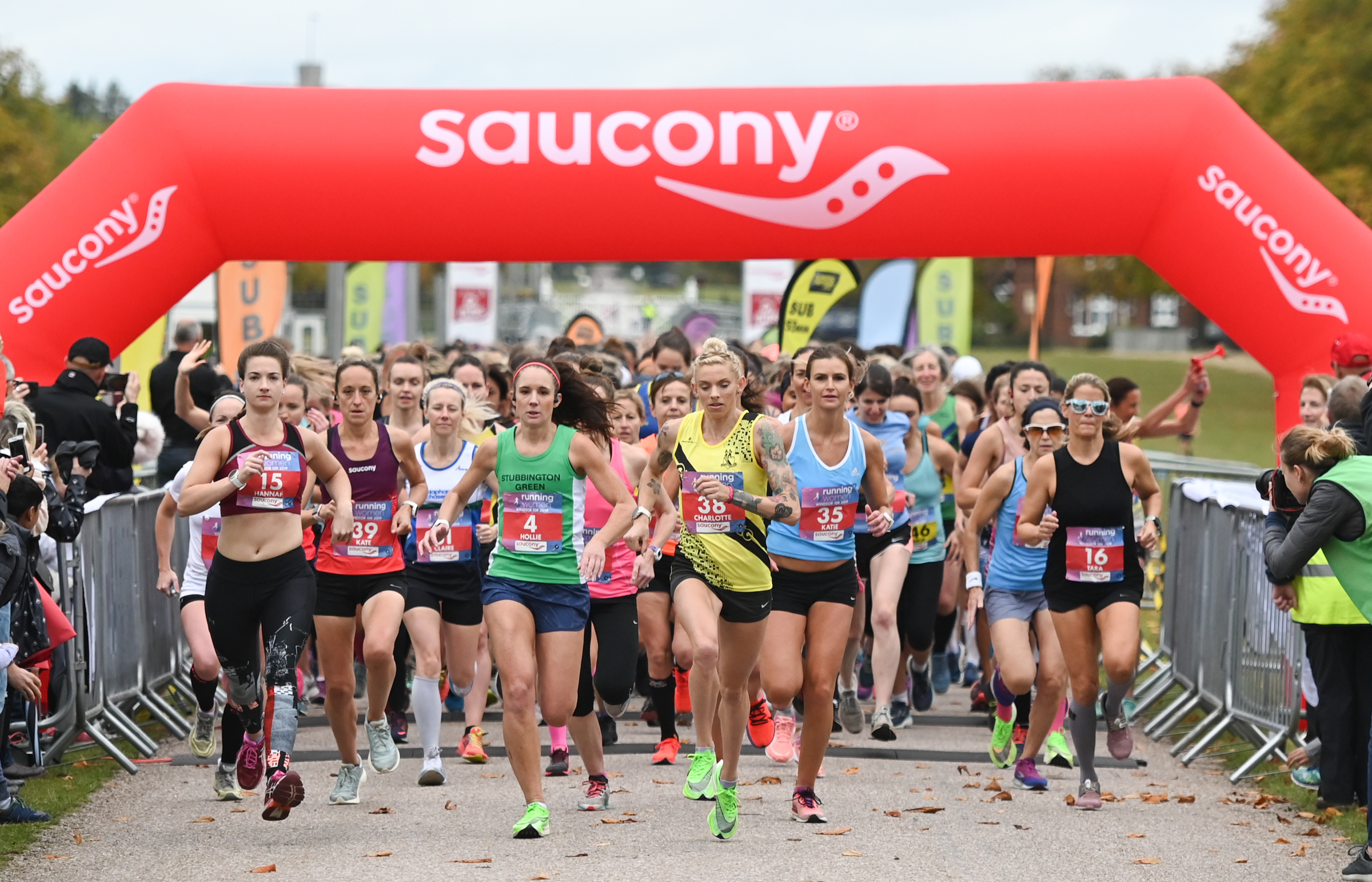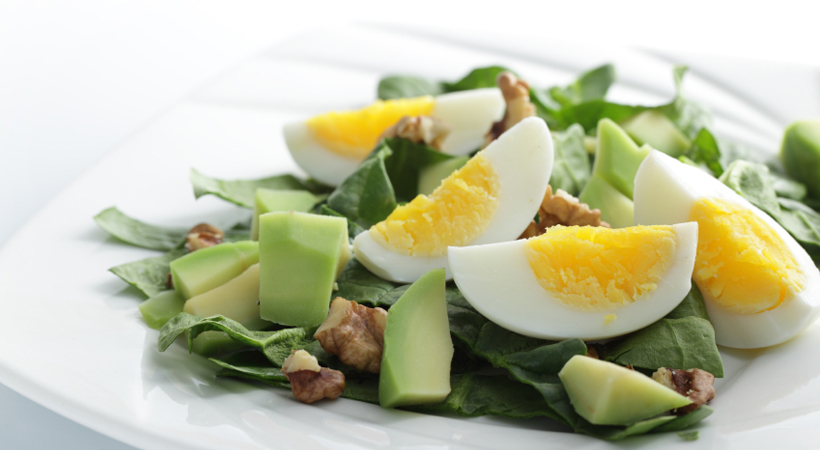Do Female Runners “Need” Protein Supplements?
Confused about the protein powder supplements sold in health shops? 
Here are the facts. What’s In Those Tubs?
You might know “protein powder” from your teenage son’s gym workout regime. Or perhaps you’ve seen tubs of whey protein in your local health shop. Here’s exactly what those tubs contain: protein powder.
What Exactly Is Protein Powder?
Protein powder is simply a dietary supplement. It is protein (the macronutrient) in powdered form. Protein is in chicken, eggs, fish, beans and pulses… and in dairy products. Most protein powder is whey protein, and whey is a by-product of the dairy food industry. So, basically, protein powder is real-food protein, but powdered.
There are other forms of protein powder besides whey. You can also get plant-based protein powders (derived from brown rice, split peas, or hemp). But whey is the most common and popular.
Do Runners Need Protein Supplements?
No, runners do not need protein powder supplements. In fact, nobody needs it. But it is a very convenient way of getting more protein in to your daily diet. It is easy to digest, and quickly supplies your muscles with the amino acids which make up protein.
It is more accurate to ask “do runners need protein?” The answer is yes! Everybody needs a significant amount of dietary protein. Protein isn’t just for muscles. It supports bones, cells, and various functions in the body. It is the most important macronutrient.
And when we train and lead an active lifestyle, we have a greater need for protein. So it is very important that female runners get enough protein in their diets every day.
And if protein powder helps you snack on protein rather than unhealthy snacks and stodgy, sugary options, then that’s a positive thing.
The Pros and Cons Of Protein Powder
Pros:
– It’s quick and easy to make a protein shake with a scoop of powder and ice cold water for after your run. This will ensure you get the nutrients you need after training.
– It’s tasty (so many flavours!) and can help beat cravings for sweet snacks
– It is versatile (have it as a shake, blend it into smoothies, mix it into morning porridge)
– It helps you cover your nutritional bases (it is a complete source of amino acids, whereas whole food sources of protein often lack some amino acids)
Cons:
– There really are no downsides to using protein powder if you choose to.
– Misconceptions and perceptions: some people still think protein supplements contain worrying ingredients, or are only for bodybuilders.
How Much Protein Do You Need Every Day?
A good guide is to eat 1 gram of protein for every pound of your body weight. Note – this is gram of the macronutrient, not physical gram of the food. What do we mean? For example, 100g chicken is not 100g protein. It is actually around 20g protein (per 100g meat). This kind of information is easy to find out by Googling a nutrition data website, or using an app like MyFitnessPal. An even easier way is to remember to eat some protein at every meal and every snack (even breakfast). Aim for a serving (a palm-sized amount of dairy, a fist-sized portion of meat or fish…)
Great Sources Of Protein
Protein powder is a perfectly viable, healthy, and trustworthy way of getting enough protein in your diet. If you choose to use it, don’t rely on it. Be sure to also eat protein from these food sources:
– Eggs (whole, and egg whites)
– Poultry (chicken, turkey)
– Red meat (steak, mince, wild meat/game)
– All other meat
– Fish and seafood (including white fish, oily fish, seafood, shellfish)
– Beans and pulses
– Dairy products (especially real Greek yoghurt, quark, cottage cheese)
Similar Posts:
- Do Female Runners “Need” Protein Supplements?
- How Much Protein Do Female Runners Really Need?
- Protein For Women Runners: What, When, How Much?
- 8 Amazing Protein Foods For Running And Weight Loss
- Do You Need Sports Nutrition?
- Post-Run Snacks For Runners And Weight Loss




Add Comment